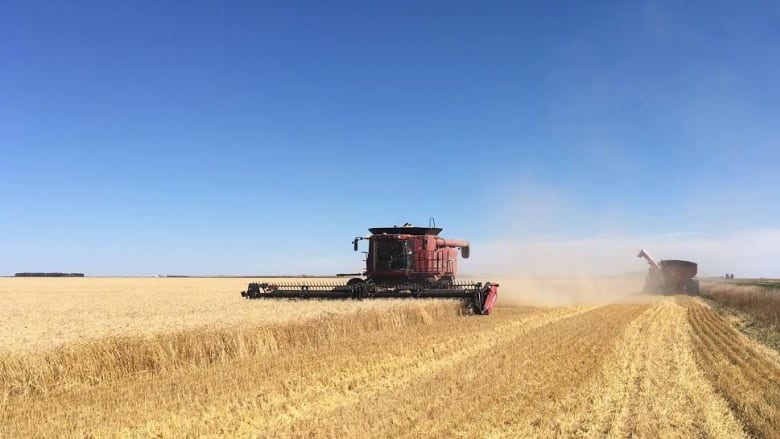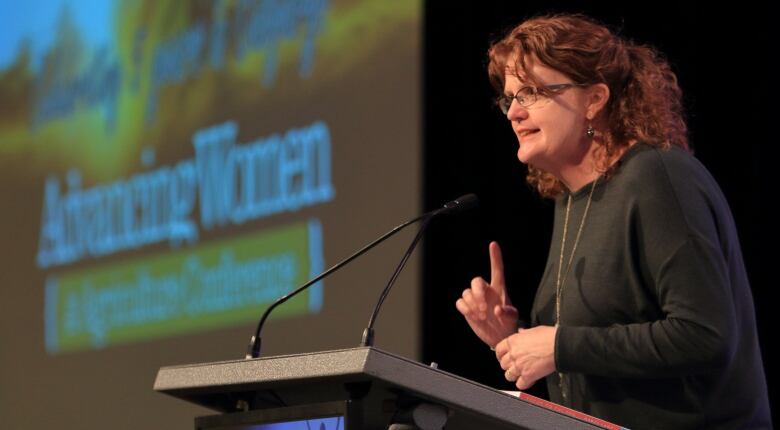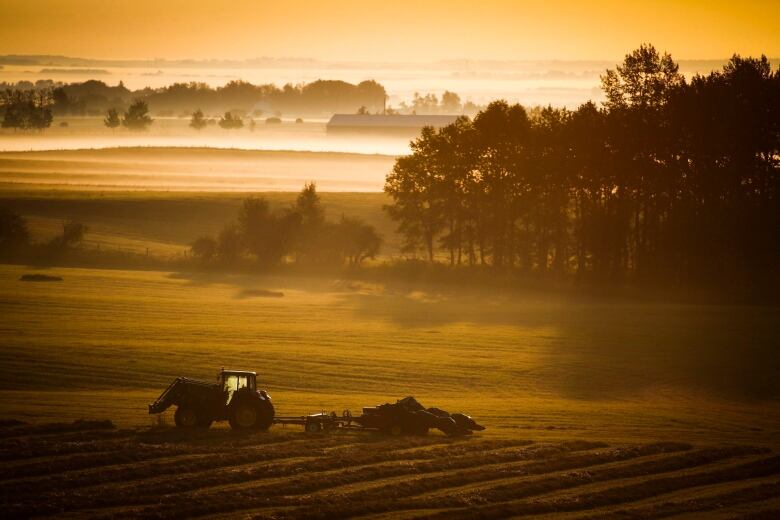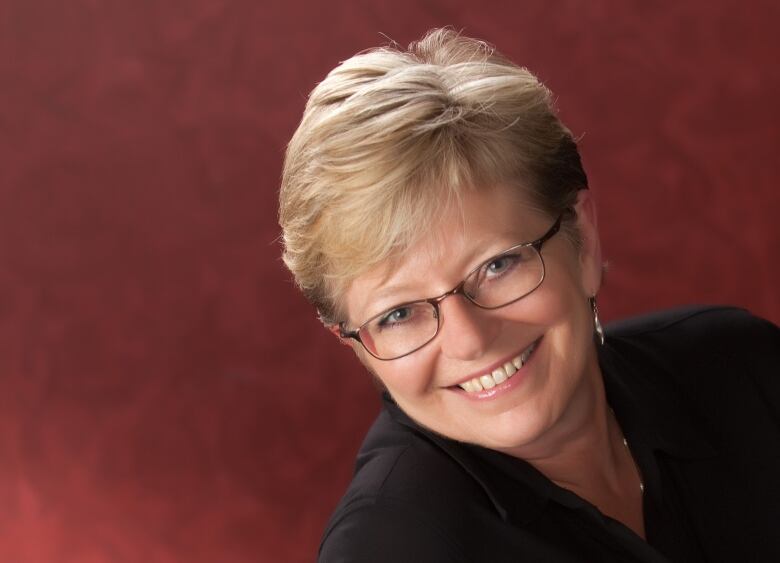Women in Canada are choosing farming careers but barriers persist
Rising land prices and entry onto agricultural boards are still obstacles despite recent gains

It was Nicole Fossheim's grandfather who first decided to set down roots near Edson, Alta., and start a family farm. Her dad followed in his father's bootsteps, raising cattle and a family of five on the land.
But when the time comes to pass the family business down to the next generation of Fossheims, she's not expecting her brother to inherit the mantle.
Instead, she wants to carry on the tradition.
"I'd really like to go back to the family farm and probably dip my toes in there, purchase a few of my own cattle and, yes, hopefully take over one day hopefully with my sister," said the 20-year-old agriculture student at Alberta'sLakeland College.

But even as women make inroads into farm work, advocates say there's still work to be done to overcome dated stereotypes and get more women onto agricultural boards.
"It's a little bit of a haul to be able to be recognized in the agricultural industry," said Iris Meck, a former grain companyexecutiveand founderoftheAdvancing Women in Agriculture conference, which drew more than 400 farming women toCalgary this spring.
"But there are a lot of great women today in the industry that are making great strides."
Proportion of female farmers, students rising
The federal government's most recent census of agriculture, showed the number of farm operators in Canada is going down, but the proportion of women is going up.
Women accounted for 28.7 per cent of all farm operatorsin2016 nearly 78,000 of nearly 272,000 farmers in total. Women were most prevalent among farm operators between the ages of35 and54, representingnearly a thirdof the group.

People who teach agriculture are also watching the number of female students enrolling in their post-secondary programs increase.
Josie Van Lent,dean of the school of agricultural sciences at Lakeland College, saidenrolment in the school's agricultural programs over a five-year period would average out to beroughly half female students.
"I've always seen women as partners on farms over my whole career," she said.
"What we're seeing is, particularly in the last 15 years, a large number of women who are entering the ag industry now ... on a professional basis, working for all of the various companies that support the agindustry, right from machinery dealers to crop life sciences companies to feed companies."
Van Lentsaid women are alsotaking on more leadership roles in the industry and research.
Representation on boards a problem
Despite those successes, Van Lent and Meckboth say women continue tobe underrepresentedonagricultural boards.
"A lot of boards are male dominated, if not all male," Mecksaid.
Meck said addressing the problem is a two-way street: men need to acknowledge the role women can play and women need to go after the opportunities that exist.
While some advocates argue thatquotas are a fast andeffective tool for raising female representation on corporate boards, Meckdisagrees with the strategy.

Art Froehlich, a longtime executive and board member on a number of agricultural groups, said he hasseenimprovements at the board level, with more women joining boards and more women prepared to do so.
"It's actually a move in the very right direction," Froehlichsaid.
One reason he thinks things are improving is the agriculture isn't just focused on production anymore.
"We are producing a product that has to be consumer ready, consumer appreciated, consumer understood," he said.
"And there's no question, I think, women bring that perspective to the board table more so than men have done."
Yet, women still deal with some old attitudes about their role in farming or more general stereotypes. Meck said it's one reason why women who work in the sector need to support and mentor eachother, and why there needs to be conversation that ensure there is fairness in the workplace.
Cost of farmland also an issue
Social media is a bigpart of a growing network of support, providingan avenue for practical advice like equipment repair when it might otherwise be difficult to get.

It's a majorbarrier for women trying to enter the profession, said Trina Moyles, Canadian author of a new book onfemale farmers around the world,Women Who Dig.
"Starting out as a farmer can be really prohibitive just by cost," Moyles said. And I think that also speaks to women that I've met globally as well too."
Indeed, a Senate committee report this spring said rising farmland prices threaten the viability of the family farm.
The average price of an acre of farmland rose by 10 per centin 2015, with Alberta, Manitoba and Quebec experiencing double-digit increases.












_(720p).jpg)


 OFFICIAL HD MUSIC VIDEO.jpg)
.jpg)



























































































